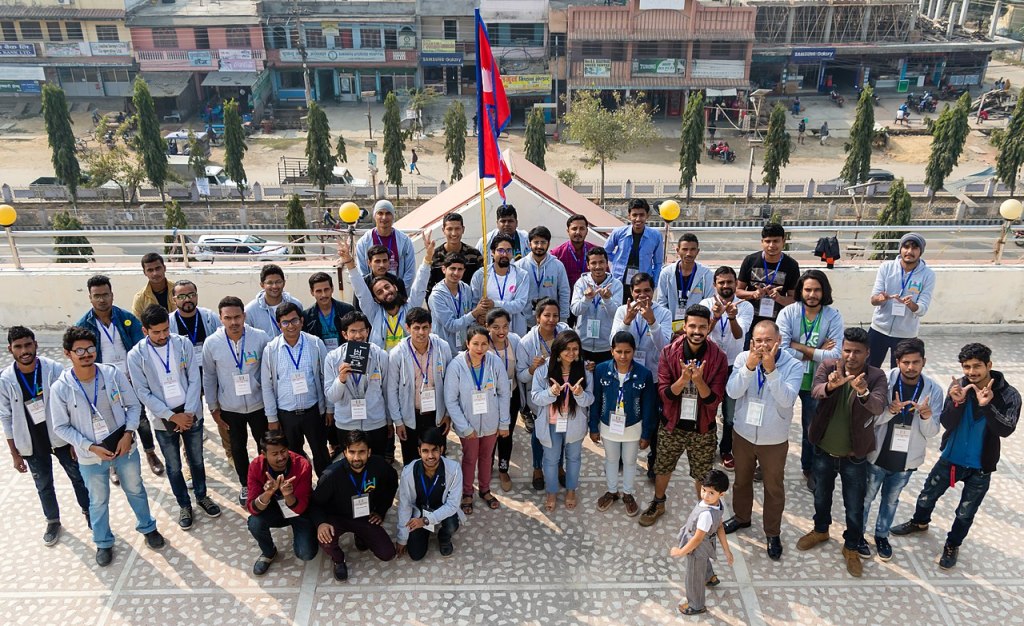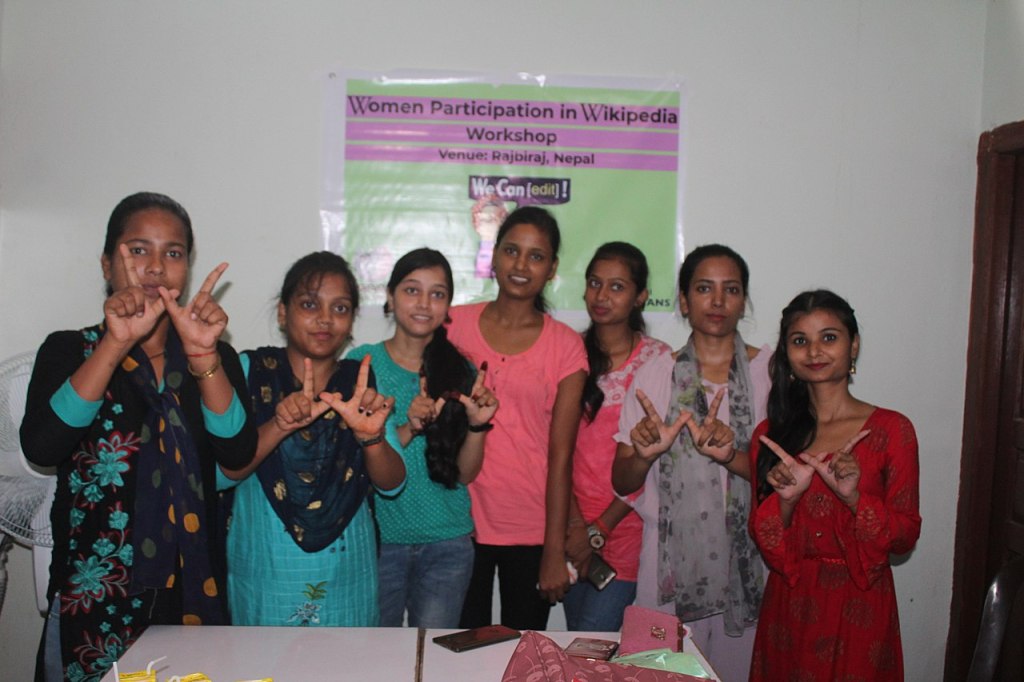
As part of the ongoing Universal Code of Conduct (UCoC) enforcement conversations, the Wikimedia Foundation reached out to a number of communities to hear their thoughts on potential enforcement mechanisms for the global policy. As a part of the team, I had the chance to interact closely with multiple communities. I spoke with Nepali, Santali, Maithili, Newari, Bhojpuri, Doteli and Awadhi communities on the subject, with Nepali, which is my home community, was my primary focus.
It is the first time when the WMF approached the Nepali Wikipedia community and requested volunteers to share their thoughts on such an important project. The community appreciated the Foundation’s effort to reach out to the community in their own language. They felt happy to have been included in a project of such high importance as the UCoC.
The Nepali Wikipedia was started on 2002 June 3 as the first Wikipedia language project of Nepal. The Wikipedia project is the 107th largest Wikipedia project in terms of articles with 35 active editors per month, 5 administrators, and 1 bureaucrat. The Nepali Wikipedia project has two sister projects Nepali Wikibooks and Nepali Wiktionary, which are not very active.
The community consultation was started on 18 January 2021 and ran until 4 March 2021. The community doesn’t have behavioural policies and mostly depends upon the Five pillars. Even though the community is small in terms of the number of articles and active users, the active participation of the community shows its strength. Overall, 51 community members engaged in local language consultation using various mediums of communication and suggested their thoughts on UCoC enforcement pathways.

The Nepali Wikipedia community has not seen many problems of unethical behaviour. This is why the discussions around developing local policies never received much traction. However, even this peaceful community made some people feel unwelcome. The consultation demonstrated that some members of the Nepali community have experienced unacceptable behaviour in the Nepali projects. This was surprising to me. I have been contributing to Wikimedia projects for almost a decade and had not seen such issues being reported.
After knowing this truth, I alerted some of the prominent members of the community about the same and have decided to spread more awareness about such issues in the community. I believe that the Universal Code of Conduct would help the Nepali community to create an environment that is not just inclusive but also one where people feel safe to speak up if they experience anything wrong.

Can you help us translate this article?
In order for this article to reach as many people as possible we would like your help. Can you translate this article to get the message out?
Start translation